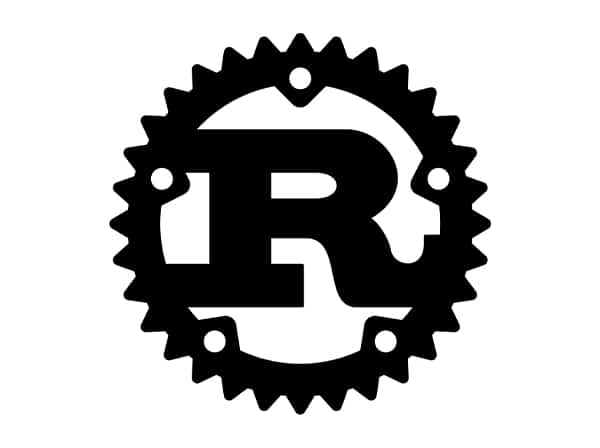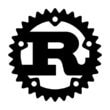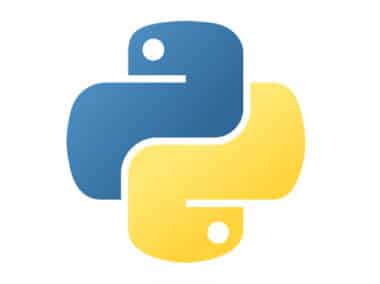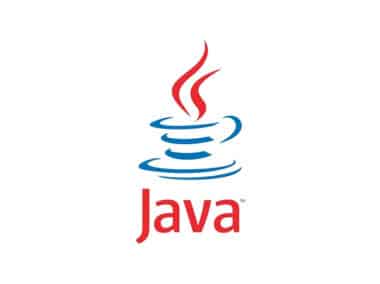Rust is a statically-typed programming language that has a strong focus on memory safety and performance. Understanding the basic building blocks of Rust programming is essential for writing efficient and safe code. In this document, we will discuss some of the fundamental concepts that form the foundation of Rust programming, including variables, data types, and control flow structures.
Variables
In Rust, variables are declared using the let keyword. Variables can be assigned a value at the time of declaration or later in the program. Rust uses variable shadowing, which allows you to declare a new variable with the same name as a previous variable. This feature is particularly useful when you want to change the type or value of a variable. For example:
let x = 5; // variable x is declared and assigned the value 5
let y: i32; // variable y is declared but not assigned a value
y = 10; // y is assigned the value 10
let x = "Hello, world!"; // variable x is redeclared with a different type
Data Types
Rust has a variety of built-in data types, including integers, floating-point numbers, Booleans, characters, and strings. Additionally, Rust has two compound data types: arrays and tuples.
Integers
Rust has signed and unsigned integers of various sizes, including i8, u8, i16, u16, i32, u32, i64, u64, i128, and u128. The size of an integer determines the range of values it can represent. For example, an i8 can represent values between -128 and 127, while an i128 can represent values between -2^127 and 2^127-1.
Floating-Point Numbers
Rust has two floating-point types: f32 and f64. Floating-point numbers are used to represent real numbers, which can have a fractional component. The f32 type is a 32-bit floating-point number, while the f64 type is a 64-bit floating-point number.
Booleans
Rust has a Boolean type, bool, which can be either true or false. Booleans are commonly used in conditional statements, loops, and other control flow structures.
Characters
Rust’s char type represents a Unicode scalar value and is enclosed in single quotes. Unicode is a standard that defines a unique number for every character, symbol, and emoji. Rust’s char type supports all Unicode scalar values, including characters from non-Latin scripts.
Strings
Rust’s String type is a growable Unicode string. Strings are a sequence of characters that are enclosed in double quotes. The String type provides many useful methods for manipulating strings, such as concatenation, slicing, and searching.
Arrays
Rust’s arrays are fixed-size and have a type signature that includes the number of elements in the array. Arrays are useful for storing a collection of values of the same type. For example:
let a: [i32; 5] = [1, 2, 3, 4, 5];
In this example, a is an array of five i32 values. The first element of the array is 1, the second element is 2, and so on.
Tuples
Rust’s tuples are a collection of values of different types. Tuples are declared using parentheses and commas to separate the values. Tuples are useful when you want to group values of different types together. For example:
let tuple: (i32, f64, bool) = (42, 3.14, false);
In this example, tuple is a tuple that contains an i32 value, a f64 value, and a bool value.
Control Flow Structures
Rust has several control flow structures, including if expressions, loop and while loops, for loops, and match expressions.
If Expressions
Rust’s if expressions are similar to those in other programming languages. An if expression evaluates a condition and executes a block of code if the condition is true. For example:
let x = 5;
if x == 5 {
println!("x is 5");
} else {
println!("x is not 5");
}
Loop and While Loops
Rust’s loop construct creates an infinite loop. The loop body is executed repeatedly until you use a break statement to exit the loop. Rust also has while loops, which loop while a condition is true. For example:
let mut x = 0;
while x < 5 {
println!("{}", x);
x += 1;
}
For Loops
Rust’s for loops can iterate over a range of values or over the elements of a collection. For example:
for i in 0..5 {
println!("{}", i); // prints 0, 1, 2, 3, 4
}
Match Expressions
Rust’s match expressions are similar to switch statements in other programming languages. A match expression evaluates an expression and matches its value against a series of patterns. For example:
let x = 5;
match x {
1 => println!("x is 1"),
2 => println!("x is 2"),
_ => println!("x is something else"),
}
In this example, the match expression matches the value of x against the patterns 1 and 2. If x is not 1 or 2, the _ pattern matches any value and the corresponding block of code is executed.
Conclusion
These are some of the basic building blocks of Rust programs, including variables, data types, and control flow structures. By mastering these fundamentals, you will be well on your way to becoming proficient in Rust programming. Rust’s memory safety and performance features make it a popular choice for systems programming, network programming, and game development, among other domains. Happy coding!



